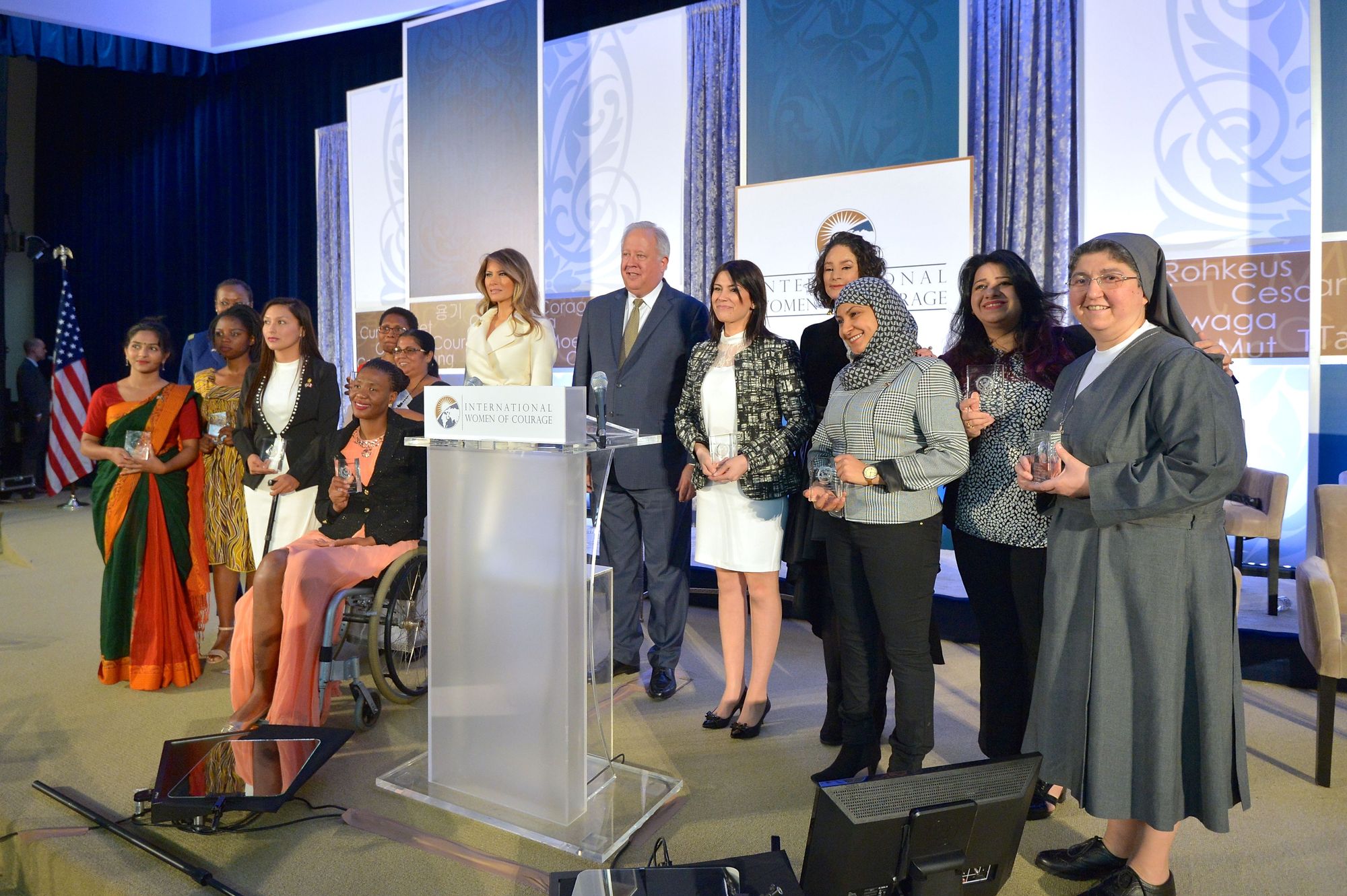Empowering Nations: The Importance of Female Participation in a Country’s Growth

The progress of any nation is deeply linked to the active participation of its population in various economic, political, and social sectors. Historically, women have played a crucial yet often underappreciated role in shaping societies. Today, as gender equality gains prominence, the importance of female participation in a country’s growth is more evident than ever. A nation that empowers its women ensures faster economic development, stronger social structures, and overall national progress.
1. Economic Growth and Stability
One of the most significant benefits of female participation is economic growth. Studies show that when women are included in the workforce, GDP rises substantially. According to the World Bank, gender equality in the labor market could add trillions to the global economy. Women bring diverse skills, innovation, and resilience to industries, leading to higher productivity and sustainable economic progress.
2. Increased Entrepreneurship and Innovation
Women entrepreneurs play a key role in economic development. They establish businesses, create jobs, and introduce innovative solutions to market challenges. Many female-led businesses focus on social impact, addressing issues like healthcare, education, and environmental sustainability. Governments and organizations are increasingly investing in women’s entrepreneurship through grants, training, and mentorship programs to unlock their full potential.
3. Improved Education and Workforce Diversity
Investing in female education leads to better economic and social outcomes. Educated women are more likely to participate in skilled professions, reducing the gender gap in various industries. A diverse workforce that includes both men and women leads to better decision-making, improved problem-solving, and higher efficiency. Companies with gender-balanced leadership tend to perform better financially and culturally.
4. Political Representation and Good Governance
Countries with higher female representation in politics tend to have better governance, lower corruption, and stronger social policies. Women leaders prioritize issues like healthcare, education, and family welfare, creating a more inclusive society. Nations that encourage female participation in politics experience stronger democratic values and policy-making that benefits all citizens.
5. Social Development and Gender Equality
When women actively participate in economic and political spheres, gender equality strengthens. This has a ripple effect on society, promoting fairness, human rights, and equal opportunities for all. Children in households where women contribute financially are more likely to receive education and healthcare, breaking cycles of poverty.
6. Better Healthcare and Family Well-being
Women play a crucial role in family health and community well-being. When women are educated and financially independent, they make informed decisions about family planning, nutrition, and healthcare. This leads to lower maternal and child mortality rates, healthier families, and a stronger population.
The participation of women in a country’s growth is not just about fairness—it is an economic and social necessity. Nations that empower women through education, employment, and leadership opportunities experience faster development, stronger economies, and improved quality of life. Encouraging female participation in all sectors ensures a balanced, prosperous, and progressive society, paving the way for a brighter future.